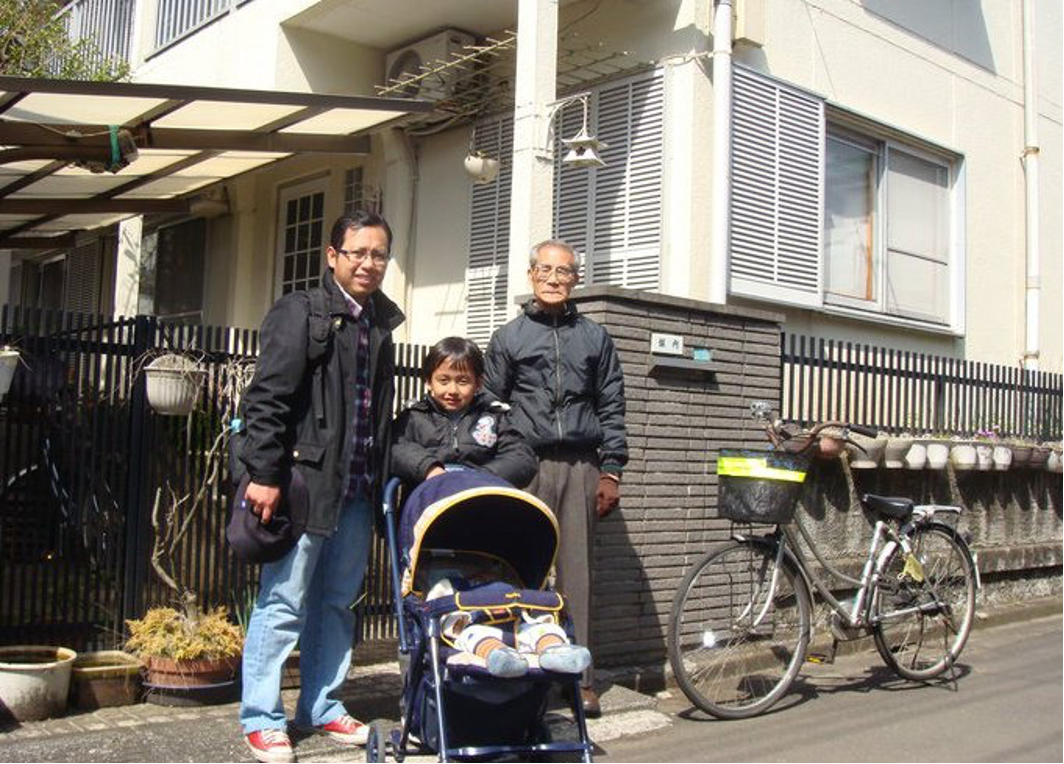(IMLEK) CHINESE NEW YEAR SEEN THROUGH JAPANESE GLASSES

Chinese New Year (Imlek), or Chinese New Year, is an essential celebration in Chinese culture that is also known in various Asian countries, including Japan. However, the Japanese people's view of the Chinese New Year depends on their historical context, culture, and relationship with the Chinese community. In Indonesia, the Chinese community widely celebrates the Chinese New Year, which is recognized as a national holiday. However, what is the Japanese view of the Chinese New Year?
History and Cultural Influence
Although Japan does not traditionally celebrate the Chinese New Year, this celebration is beginning to be known and appreciated. Japan has a sizable Chinese community, especially in cities such as Yokohama, Kobe, Nagasaki, and Osaka. In these regions, the Chinese New Year is celebrated with great fanfare, including fireworks displays, parades, festival dances, barongsai performances, and others.
Although Japan does not officially celebrate Chinese New Year as a national holiday, the festival is recognized as part of the tradition of the Chinese community in Japan.
Japan has a wealthy New Year's tradition that differs from Chinese New Year. In Japan, the New Year (Shogatsu) is celebrated on January 1 according to the Gregorian calendar. The festival involves rituals such as visiting shrines (Hatsumode), eating specialties such as mochi and osechi-ryori, and gathering with family.
Traditional Japanese Views
Japan has been using the Gregorian calendar since the Meiji era, so New Year's in Japan is celebrated on January 1. This makes Chinese New Year celebrations less common among Japanese people in general. However, Chinese New Year traditions are still respected, especially among people who have Chinese ancestry or those who are interested in Chinese culture.
Influence of Popular, Modern, and Tourism Culture
In recent years, Chinese New Year celebrations have begun to be introduced more widely through the media, schools, and cultural events. This reflects the growing interest in international culture, including Chinese culture.
Chinese New Year, or Chinese New Year, is a significant traditional celebration in Chinese culture. Various cultural exchange programs between Japan and China have introduced the Chinese New Year to the Japanese people. Through cultural festivals, art exhibitions, and seminars, Japanese people can better understand the meaning and traditions behind the Chinese New Year.
In the modern era, Chinese New Year celebrations in Japan are often associated with tourism. Many tourists from China and other countries visit Japan during the Chinese New Year holiday, so shopping malls, restaurants, and tourist attractions often offer promotions or special events.
In cities with large Chinatowns, such as Yokohama, Chinese New Year celebrations attract the attention of Chinese citizens and Japanese people who want to enjoy Chinese culture and entertainment.
For many Japanese, Chinese New Year is seen more as an exciting celebration of foreign cultures. They appreciate cultural diversity and often enjoy Chinese New Year events as an opportunity to learn about Chinese traditions. However, because Japan has its own robust New Year celebration system, the Chinese New Year does not have the same cultural impact as in other East Asian countries such as China, Korea, or Vietnam.
Respect for Other Cultures
Japanese people generally respect other traditions and cultures, including Chinese New Year. This celebration is often seen as an opportunity to learn about and understand the cultural diversity in Japan.
Although not a native Japanese tradition, elements of Chinese New Year celebrations, such as red lanterns and typical foods, are prized as symbols of good luck and happiness.
Chinese New Year also has an influence on the business and economic fields in Japan. Many shops and restaurants offer special promotions during the Chinese New Year period to attract customers, especially from the Chinese community. In addition, Japan and China have close trade relations, so Chinese New Year celebrations are often used as a momentum to strengthen business relations between the two countries.
CONCLUSION
Overall, Chinese New Year is seen by the Japanese as part of the cultural diversity that enriches Japanese society. Although not as widely celebrated as Shogatsu, the Chinese New Year is still respected and recognized as an important celebration by the Chinese community in Japan, and it is enjoyed by many Japanese people interested in Chinese culture.